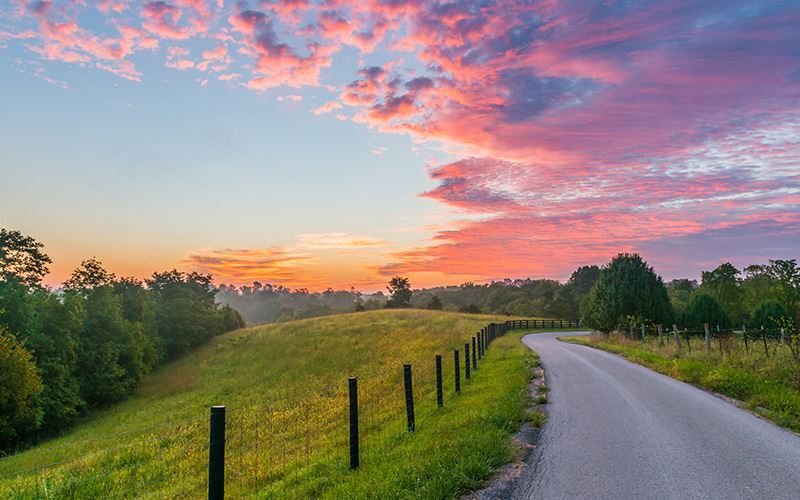Massey Energy Co. will pay $20 million for polluting streams and rivers around its coal mines in Kentucky and West Virginia, the federal government announced Thursday. The company will spend an additional $10 million to prevent future problems.
The consent decree to which the company agreed carries the largest civil penalty ever levied for wastewater discharge permit violations. The second largest was $12.4 million against Smithfield Foods in a 1996 Virginia case.
The Environmental Protection Agency sued Massey in U.S. District Court in West Virginia last May, charging that the company violated the Clean Water Act more than 4,500 times from the beginning of 2000 to the end of 2006. It said the company discharged excess amounts of metals, sediment and acid mine drainage into hundreds of rivers and streams in the two states.
Some of those discharges were coal slurry spills, some were violations of discharge permits the company had been granted. In some cases, the government said, pollutants went into waterways at levels more than 10 times the permit limit.
“Massey Energy and its subsidiaries have a long history of non-compliance” with the Clean Water Act, the complaint filed in U.S. District Court in West Virginia said.
The complaint specifically mentioned the massive October 2000 coal slurry spill in Martin County, where 306 million gallons of the thick slurry broke through an impoundment near Inez. Slurry is a mixture of water and small particles of coal, rock and clay that is the result of washing coal to prepare it for market.
“The measures required by this settlement represent a significant step forward in the way that mining facilities currently address Clean Water Act compliance,” Ronald Tenpas, an assistant attorney general, said in a statement.
Massey said the settlement avoids the costs of litigation, resolves questions about liability and “enhances Massey’s environmental protection efforts.”
“We believe this agreement will benefit the environment as well as our shareholders,” said Baxter F. Phillips Jr., the company executive vice president and chief administrative officer. The company had earlier set aside $5 million for the case.
The maximum penalty the company could have faced has been calculated to be $2.4 billion. But the company said that estimate was far too high, and the government defended the settlement amount.
“This far exceeds anything we’ve ever assessed,” said Robert Klepp, the government’s lead attorney on the Massey case.
Environmental groups, which had sought to intervene in the case, applauded the settlement, but with reservations.
“We’re pleasantly surprised that EPA is taking the first steps to correct the coal industry’s most flagrant abuses,” said Joe Lovett, an attorney for the West Virginia-based Appalachian Center for the Economy and the Environment.
Virginia Cramer, an assistant press secretary for the Sierra Club, said the settlement was a good first step taken against a company that “has essentially operated outside the law” for years. But, she said, “I’m not sure it’s enough to get them to stop doing the wrong thing.”
States have been reluctant to move aggressively against Massey, Cramer said. One key to success in this case, she said, was getting it into federal court.
Massey is the largest coal producer in the central Appalachian coal fields. The Justice Department said it owns and operates about 33 underground mines and 11 surface mines in Kentucky, West Virginia and Virginia. The company is based in Richmond, Va.
The settlement will require the company to install what the EPA called “an innovative electronic tracking system” that will allow Massey to quickly spot and correct future violations. The company also agreed to internal and third-party audits, employee training and a plan to prevent slurry spills.
Klepp, the government attorney, said the new system requires Massey to respond quickly to permit violations, and call in a consultant if they continue. The system requires regular reports to neutral third parties (including environmental groups) and the government, and carries automatic penalties.
“At the end of the day, they have to get to the bottom of the problems and solve them,” Klepp said.
Massey also agreed to set aside 200 acres along the Little Coal River in West Virginia for conservation, and complete 20 projects to restore parts of the river that have been damaged by mining.
The public will have 30 days to comment on the consent decree before it is approved by a federal court. Klepp said he expected most of the comments to come from people who live in the coalfields.
“There are a lot of people who have been impacted one way or another by coal mining,” he said.
